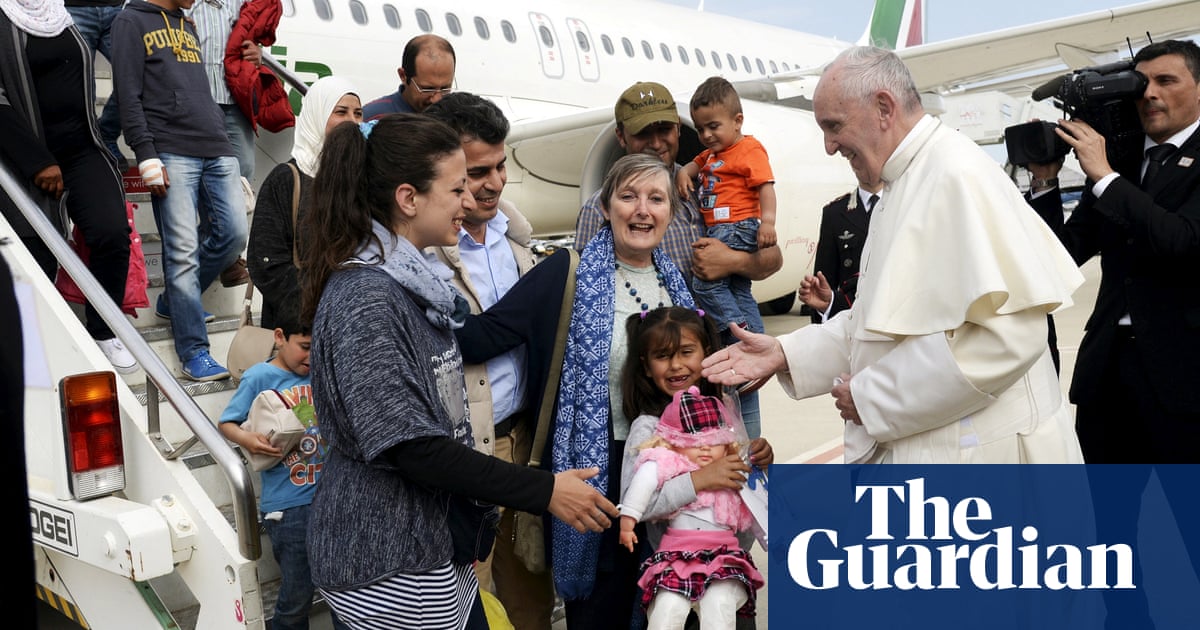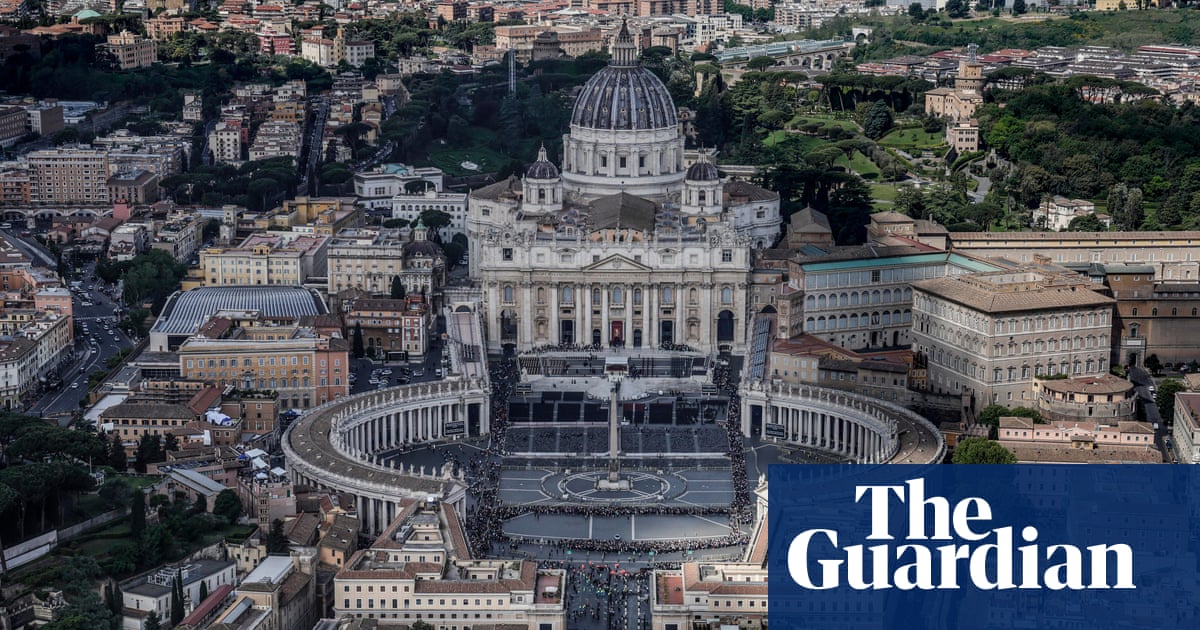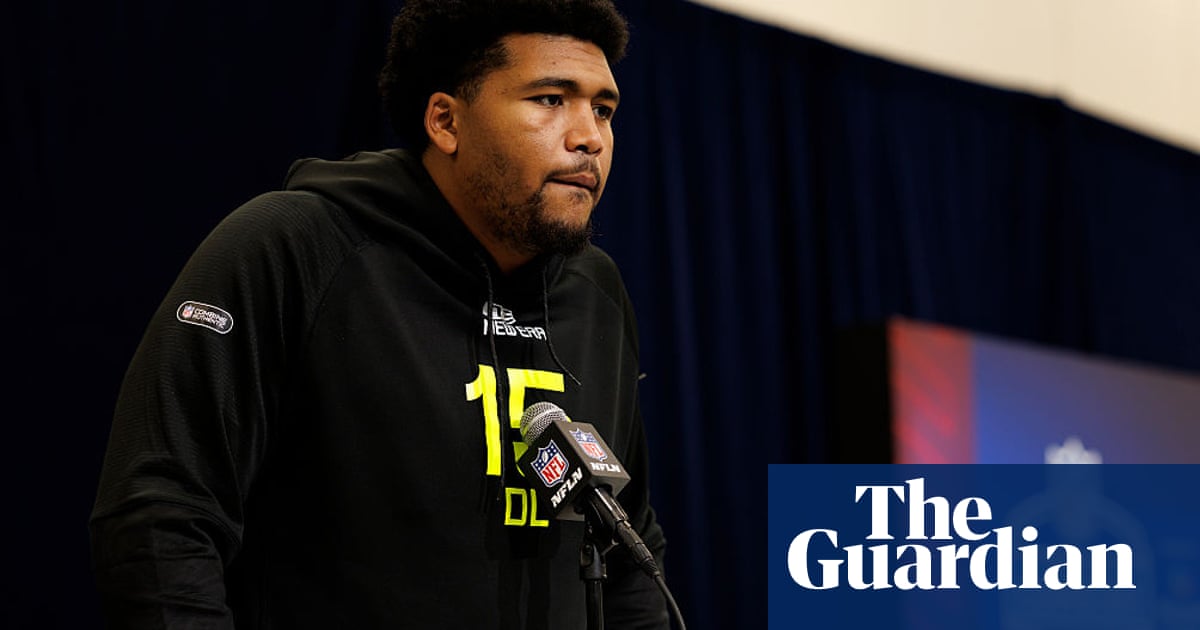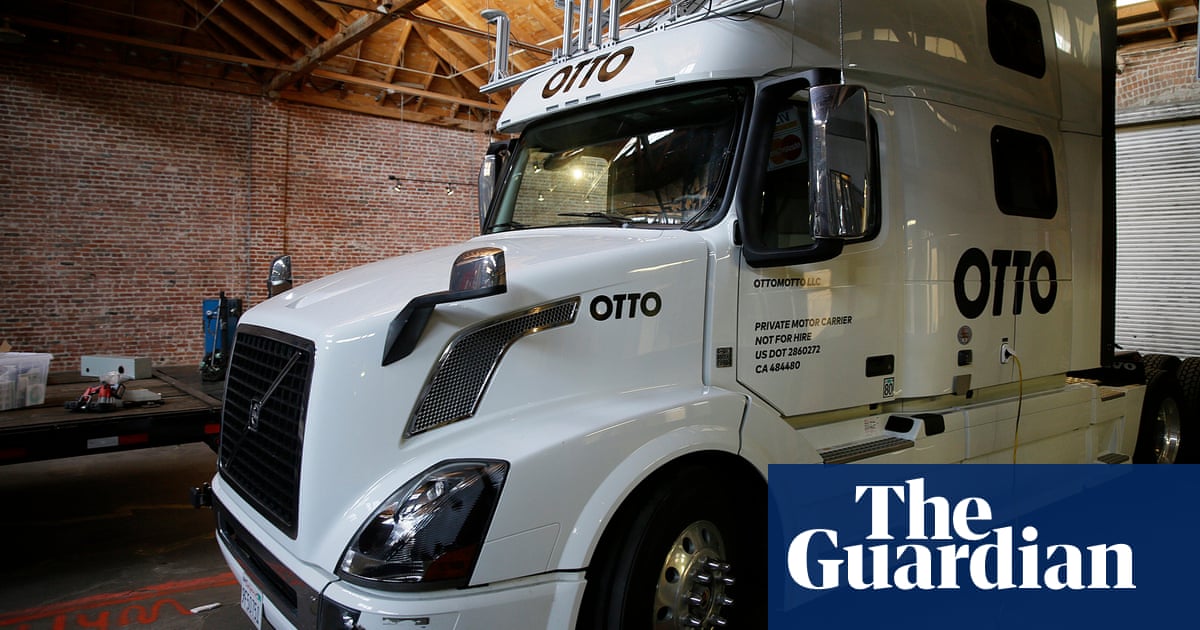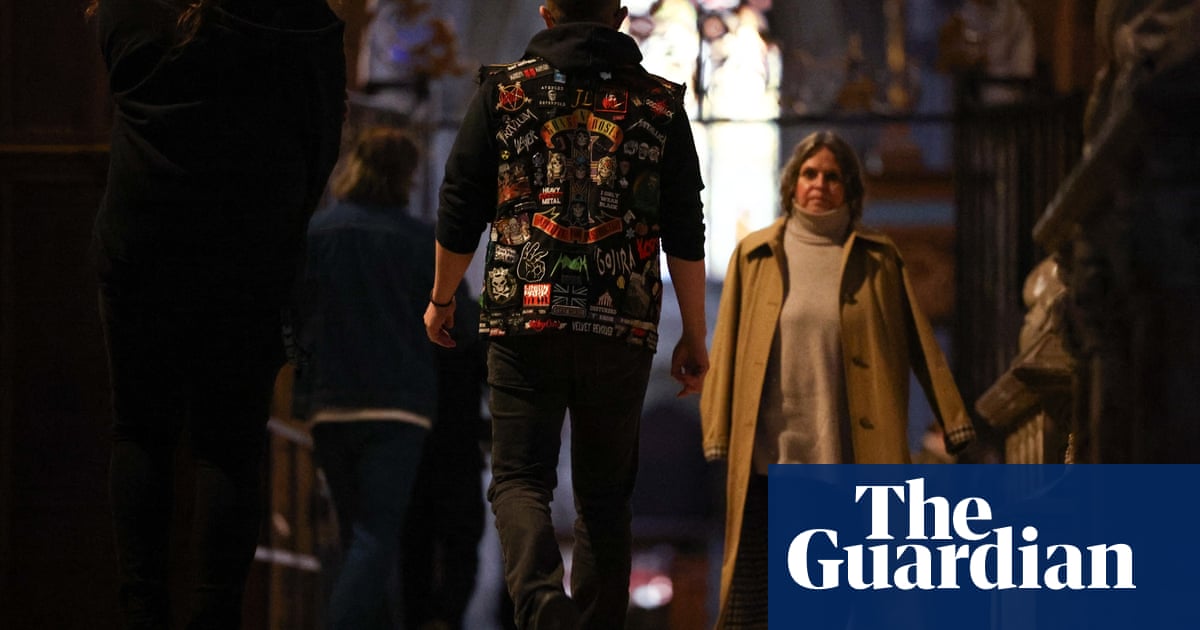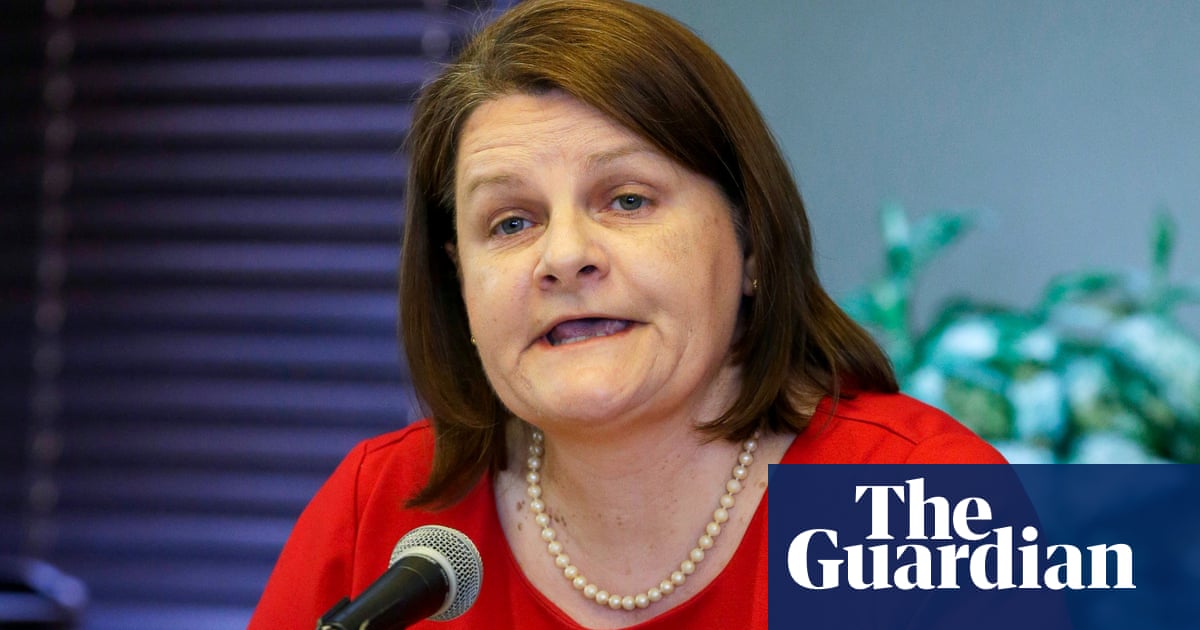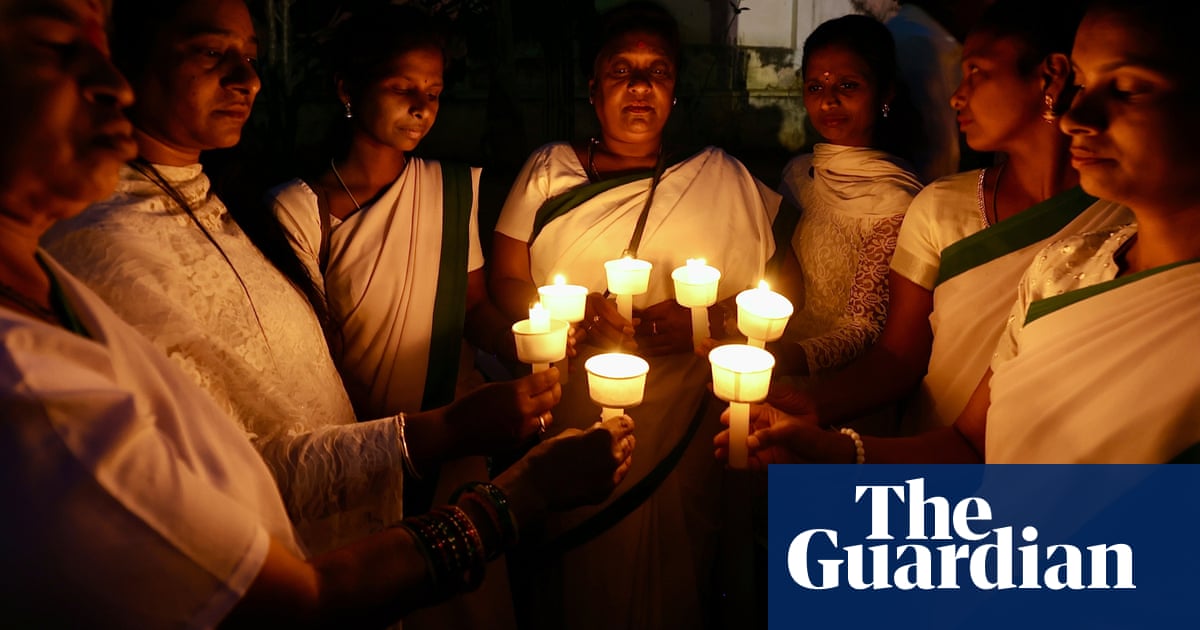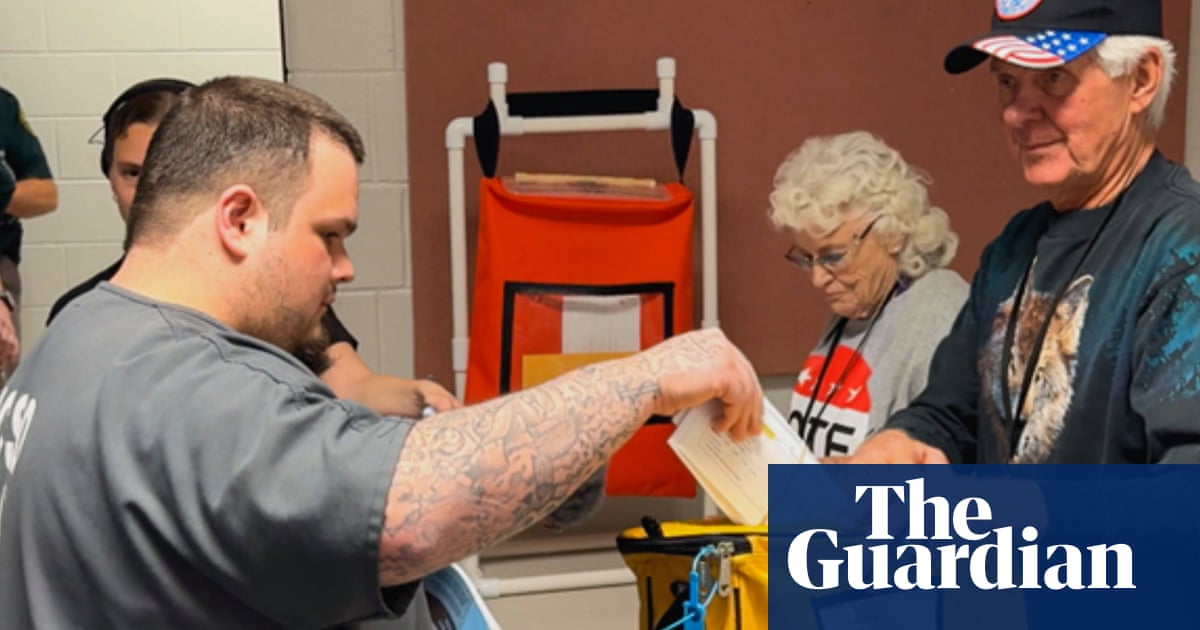The train rumbled through the makeshift immigrant camp in Mexico City, blaring its horn and sending people scattering to hug the wall.
It passes through at 10am like clockwork, said the residents – almost all of whom have been planted there for months, waiting for the chance to request asylum in the US.
Now, they and hundreds of thousands of other people across Mexico have been left in limbo after Donald Trump shut down the CBP One app they’d been using for asylum appointments.
As Trump was being sworn in on Monday, the app suddenly stopped working, and clips began appearing of people at the border weeping as their appointments – in some cases just hours away – were rescinded.
Since then, Trump has signed a barrage of anti-immigration executive orders, declaring an emergency on the southern border, sending troops to reinforce it and reinstating the Remain in Mexico policy, which forces non-Mexican immigrants to wait south of the border while their asylum applications are processed.


The CBP One app was launched two years ago as a way to limit and order the arrivals of asylum seekers at the border by allowing just 1,450 appointments a day – far fewer than the demand.
It became all but mandatory for asylum seekers, with many who turned up without appointments being turned back.
This meant that asylum seekers were left with the choice of waiting for months, often in dangerous parts of Mexico, or paying human smugglers to get them across the border.
Many chose the first option, with roughly a million appointments made since CBP One launched.
With time, CBP One was made available not just along the border but in the centre and south of Mexico. This, combined with the efforts of Mexican officials to forcibly contain immigrants in the south of the country, meant that fewer immigrants were concentrated in Mexico’s northern border cities.
Shelters in cities like Ciudad Juárez and Tijuana have been half-empty for almost a year.
But the abrupt cancellation of CBP One, which 270,000 asylum seekers had been using across Mexico, could shatter the fragile calm on the border.
Roughly 30,000 appointments that had already been scheduled also have been cancelled.

“CBP One was riddled with errors, and ultimately it was a tool that forced people to wait in Mexico to access the US asylum system,” said Andrew Bahena, from Chirla, an immigrant advocacy group. “But the way it ended was completely unacceptable.”
“There were families from this camp who spent thousands of dollars on plane tickets – almost all their worldly resources – just to have their appointments cancelled,” he added.
María Angela and Carolina, two mothers from Venezuela whose young children were playing around their legs, said they would wait two months before making any decisions.
“Maybe Trump will calm down a bit,” said María Angela, with a wry smile. “He’s just got in and it’s all revolution.”
That hope was echoed by David and Nixon, two young Venezuelan men sitting on a tattered sofa, who added that a few others were talking about going home if free flights were offered – but not them.
“I’m not going back until Maduro goes,” said Nixon, his good cheer vanishing for a moment as he mentioned the Venezuelan president, Nicolás Maduro.
Araceli, a 45-year-old Venezuelan woman, said she now wanted to apply for asylum in Mexico instead.
She had reached the US border with her adult daughters, floating over the Rio Grande on an inflatable mattress. But their request for asylum had been ignored, and they were deported to Villahermosa, in the far south of Mexico.
The experience seemed to have drained her, and she had spent several months waiting for a CBP One appointment in Mexico City.

Yet Araceli – like many others who had been waiting for a CBP One appointment – may now struggle to apply for asylum in Mexico, given that the process must be started within 30 days of entering the country.
The cancellation of CBP One has been felt all over Mexico, plunging people into uncertainty.
It may prompt many who were waiting in the Mexican south to try to head north, despite the government’s attempts to keep them there.
“I saw the posts that went viral with migrants crying the border. It was exactly the same here: people are desperate,” said Josué Leal, from the Oasis De Paz del Espíritu Santo Amparito shelter in Villahermosa, a city in the Gulf of Mexico state of Tabasco. “The great majority here now have the idea to get moving, to start going north.”
At the other end of the country, people whose destination is within eyeshot were left distraught when the hope of asylum was snatched away from them.
“I feel desperate, and fear what’s going to happen next,” said one displaced Mexican woman at the Centro de Esperanza immigrant shelter in Sonoyta, a small, dusty town in the border state of Sonora. “Imagine if we have to return home to face the same threats and start from zero again … it’s making me ill already.”
“I wouldn’t wish what we’ve been through on anyone. It was so hard to get here and now we don’t know what will happen,” said Juan, a Venezuelan man who asked for his last name to be withheld. “The truth is we did not expect that the application would be closed so quickly.”
No one knows what, if anything, will replace CBP One. But Trump’s restrictive immigration policies are likely to boost organised crime in Mexico.
“Any time it becomes more difficult to access asylum or cross the border, coyotes make money. And that means cartels make money,” said Ari Sawyer, a migration researcher. “The Trump administration might say it wants to fight cartels – but on the contrary, it’s enriching them.”
Additional reporting by Nina Lakhani

 3 months ago
56
3 months ago
56

